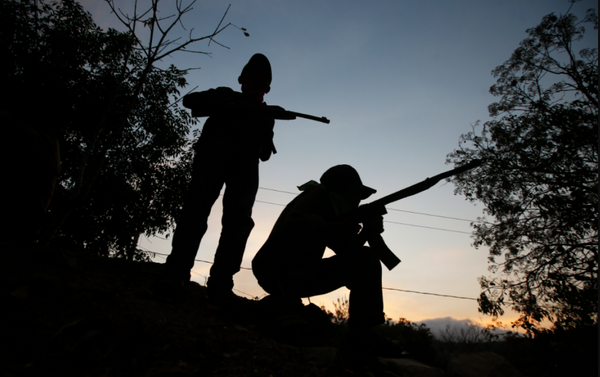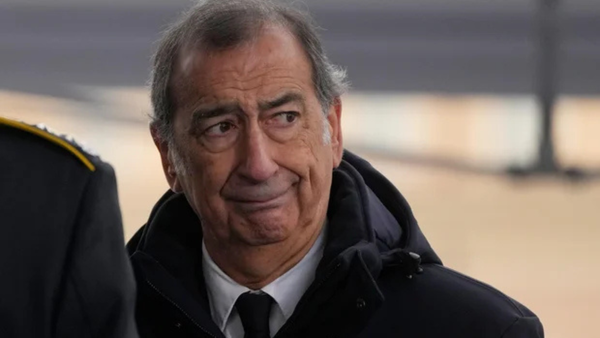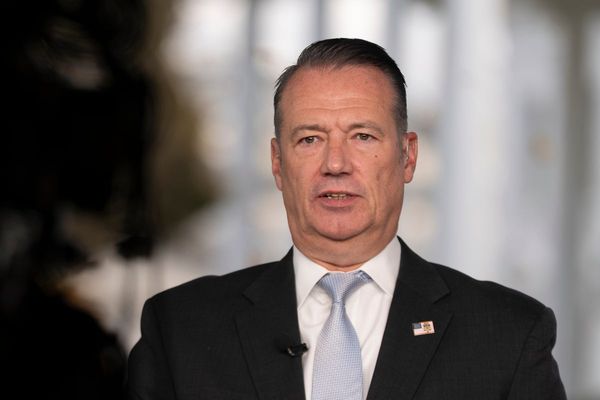With a one-in-100 year pandemic and devastating natural disasters setting the backdrop, the 2022 federal election is historic for a variety of reasons.
Labor has won government for the first time in almost nine years, with Anthony Albanese to become Australia's 31st prime minister — the 12th person from the Labor Party to hold that title.
Albanese is also the fourth person to serve as deputy prime minister and prime minister, after John McEwen, Paul Keating, and Julia Gillard.
And for the first time since 2007, the ALP has won more seats than the Coalition — they formed a minority government after 2010's line-ball election, and then lost in 2013.
How has the political landscape changed since 2013?
Since the 2013 federal election, Australian politics has gone through many changes at the top.
The Liberal Party had three prime ministers over nine years in government: Tony Abbot, Malcolm Turnbull and Scott Morrison.
The National Party had four different leaders, meaning Australia had four deputy prime ministers.
Warren Truss held the position until February 2016, before Barnaby Joyce took over.
Joyce lost the role over the Section 44 saga, where he became ineligible to sit in parliament because he was technically a New Zealand citizen.
Michael McCormack was deputy prime minister from 2018 to 2021, before Joyce retook the role.
Meanwhile, in opposition, Bill Shorten took the party to two elections before Albanese became leader following the 2019 election loss.
The Greens have also had three leaders during this time: Christine Milne, Richard Di Natale and current leader Adam Bandt.
Who were Australia's premiers and chief ministers when Labor was last in power?
- ACT: Katy Gallagher
- NSW: Barry O'Farrell
- NT: Adam Giles
- QLD: Campbell Newman
- SA: Jay Weatherill
- TAS: Lara Giddings
- VIC: Denis Napthine
- WA: Colin Barnett
What were the big talking points in 2013?
During the 2013 federal election, held on September 7, the number-one song on the ARIA charts was Roar by Katy Perry.
Jennifer Lawrence had earlier won the Oscar for Best Actress in Silver Linings Playbook.
Barack Obama was president of the United States and David Cameron was prime minister of the United Kingdom. Boris Johnson was still the mayor of London.
Pope Francis was six months into his role as the head of the Catholic Church.
In Australian sport, horse trainer Gai Waterhouse was a few weeks from winning her first Melbourne Cup with stallion Fiorente.
Hawthorne would soon win the first of three consecutive AFL premierships, while Gold Coast Suns captain Gary Ablett won the Brownlow medal.
How did the Coalition rebuild after 2007?
The Liberal and National Coalition is facing its first major rebuild since 2007, when they suffered a thumping loss to Kevin Rudd's Labor.
The Coalition won just 65 seats in 2007, with prime minister John Howard losing his seat of Bennelong.
In the aftermath, Brendan Nelson became leader of the Liberal Party, with Warren Truss becoming the new Nationals leader after the resignation of Mark Vaile.
While Truss held the leadership of the Nationals for the best part of a decade, the Liberal Party went through a tumultuous time.
Nelson's leadership lasted less than a year, when he was challenged and defeated by Malcolm Turnbull.
Turnbull would last little more than a year before another challenge saw Tony Abbott take the reins.
Abbott held the Liberal leadership from 2010 to 2015, guiding the Coalition to two elections and becoming prime minister in 2013, before Turnbull and later Scott Morrison would take over.







